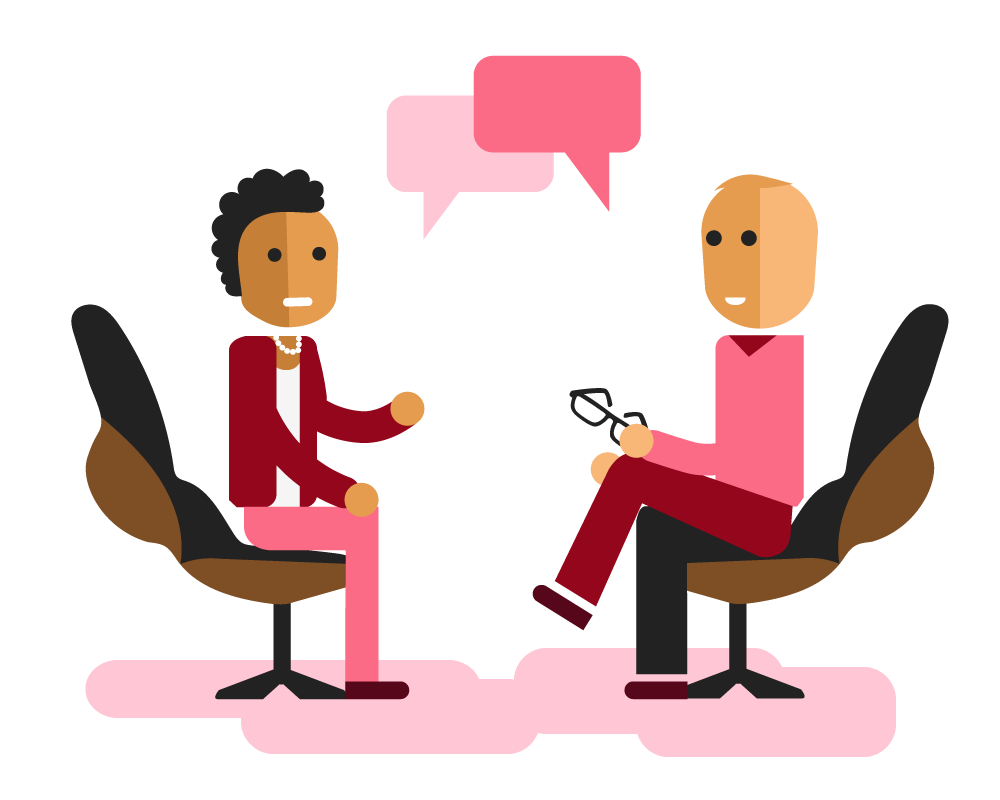Find out more about your right to participation
On this page, you can find out all about your right to participation. Watch the video in one of seven languages and find out more about your rights in Germany. Underneath the video, you will find a detailed text in which you can read everything through again. In the text, important words are also explained in simple terms.
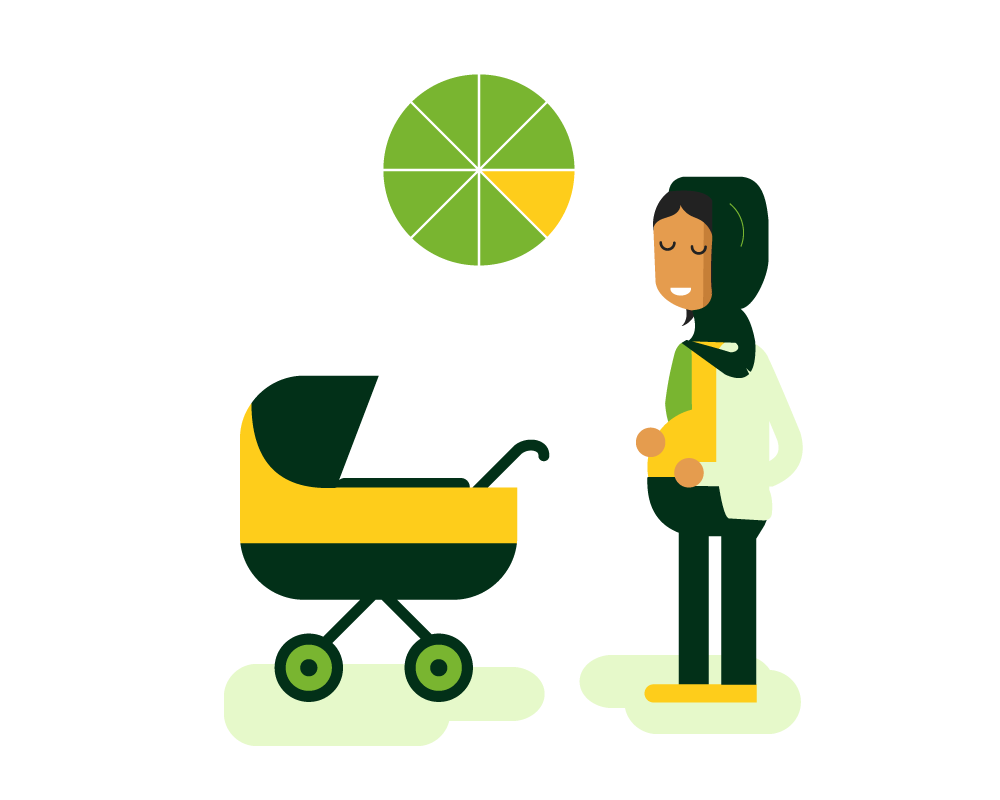
Have you received all the necessary information?
Here, you can read over all the information that was mentioned in the video once more. Important terms are also explained here once again.
My right to participation
All persons allowed to live in Germany have the right to participate in life here. This includes the right to the opportunity to develop as an individual. This means that you have a right to an education, provision of basic needs and access to culture. In order to participate, all persons requiring it have a right to support. This support could be financial, material or welfare benefits.
When do I have a right to support?
Of course, everyone has different needs. For many of them, there is a right to support:
Persons who don’t have enough money to live can apply for benefits. As the application process is quite complicated, you should make use of advice to help you with this.
Persons who are ill need medical care. They have the right to a proper examination and appropriate treatment.
Persons who are emotionally or psychologically unwell can seek support in finding a solution for their situation.
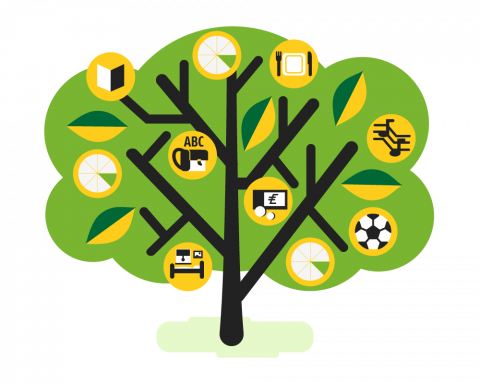
Pregnant women have a right to the support of a midwife or a gynaecologist before, during and after the birth. They can also get financial support for their new-born child.
Children are entitled to a place at a nursery school or in a school.
If children are living in Germany without parents (unaccompanied minor refugees), they will be provided with an adult person to support them. This can be a sponsor, a foster carer or a legal guardian.
Families have the possibility of seeking support if they have family problems and are looking for a solution.
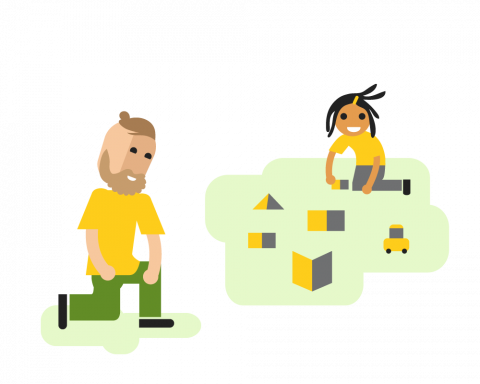
Elderly persons have a right to get support if they can no longer manage to live independently and need care.
Persons with disabilities have a right to material or financial support and a right to care, as needed.
Persons with problems with addiction or debt can make use of support.
Persons experiencing discrimination or violence can get support.
There are many other kinds of requirements for support, with relevant options for support. This list merely offers some examples.
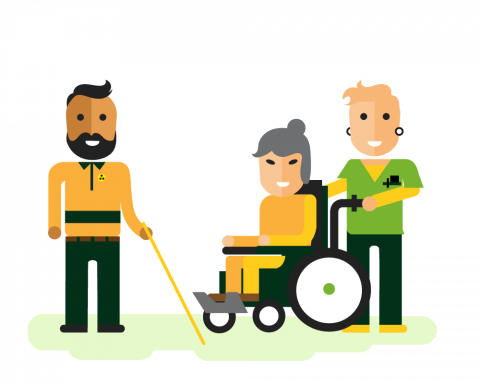
How can I get support?
Share your support needs with advisers at a counselling centre and find out about your options. Here, you can get help to find the right support and assert your right to participation.
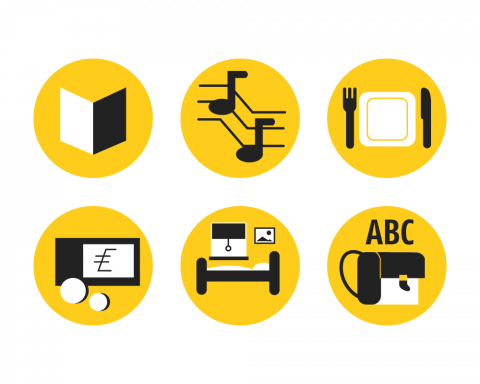
Here you find explanations of important terms.
Unaccompanied minor refugees:
This is a collective term for all persons who
- come to Germany seeking protection and
- are not yet 18 years old, i.e. minors and
- have arrived without parents or other legal guardians.
Sponsorship
Sponsors help a child or young person to adjust to life in Germany, to better understand everyday processes and to find their way around in their new environment. The period of sponsorship can be arranged very freely between the child or young person and the sponsors.
Foster care
If the parents of a child or youth cannot care for them because they are in another country or are ill, a person can be designated to act on behalf of the parents and look after the interests of the child or young person where there is a specific need.
Guardianship
Guardians take on the legal representation for an unaccompanied minor refugee, meaning that they apply for forms of assistance, see to the provision of health care and schooling, help with matters relating to asylum and residence rights and much more. However, the child or young still continues to live at the accommodation provided by the youth services; guardianship solely concerns legal decisions.
Lawful
Something is lawful if it is correct in accordance with a rights or law.
Provision of basic needs
Provision of basic needs is the provision of the most essential necessities to enable a life fit for human beings. Examples of such necessities are foodstuffs, hygiene articles, housing and medical care.
Material assistance
This is assistance in the form of money or material benefits. Material benefits are things such as clothing, household articles, food or hygiene articles.
Needs
Everything that a person requires in order to live and take part in society is a need. Some needs are constant (for example, crutches for a permanently injured leg) and other needs are only for a period of time (such as during pregnancy).
Violence
Violence can be physical, verbal (through language) or psychological/emotional. Psychological or emotional violence is often hard to see. If you are forced into something that you do not want, if your “no” is not accepted or your boundaries are crossed, this is violence. If you are insulted or verbally abused, that is also violence. If you have experienced any form of violence, you should get in touch with a counselling centre.
Discrimination
When people are disparaged, insulted or excluded based on their appearance, gender, origin, affiliation or sexual orientation, this constitutes discrimination. If you get paid less or cannot find housing or work based on these factors, this is also discrimination. If you experience discrimination, you can get support. In Germany there is an anti-discrimination law. This means that you can also take legal action against discrimination. For help with this, go to a counselling centre.
Evolve
Evolve means developing oneself.
Welfare benefits
When persons do not have enough money to live on, they can apply for welfare benefits. This means that the state will provide material help (money or material benefits).

